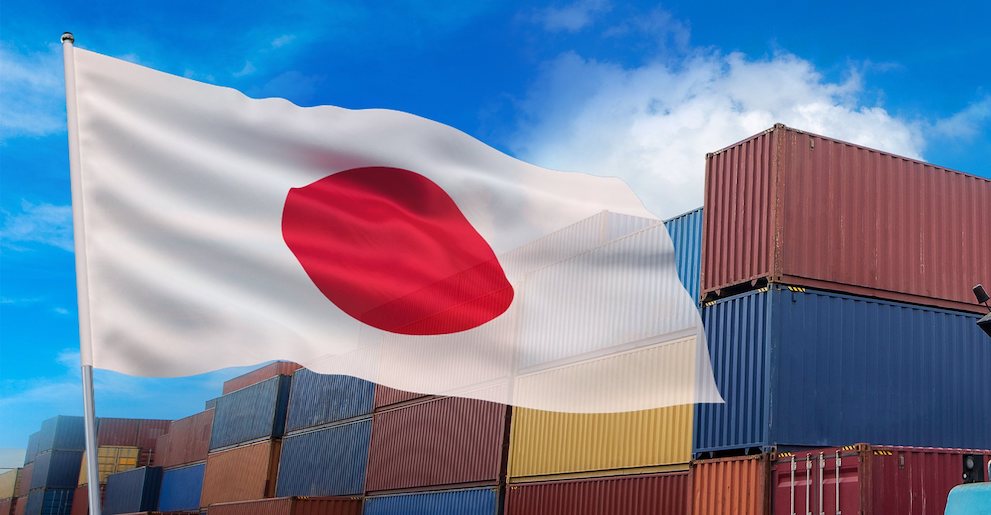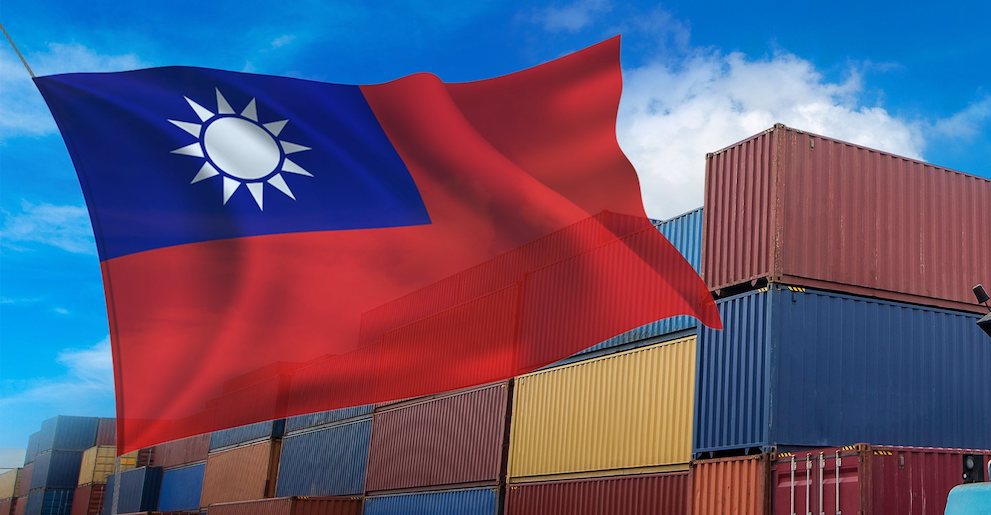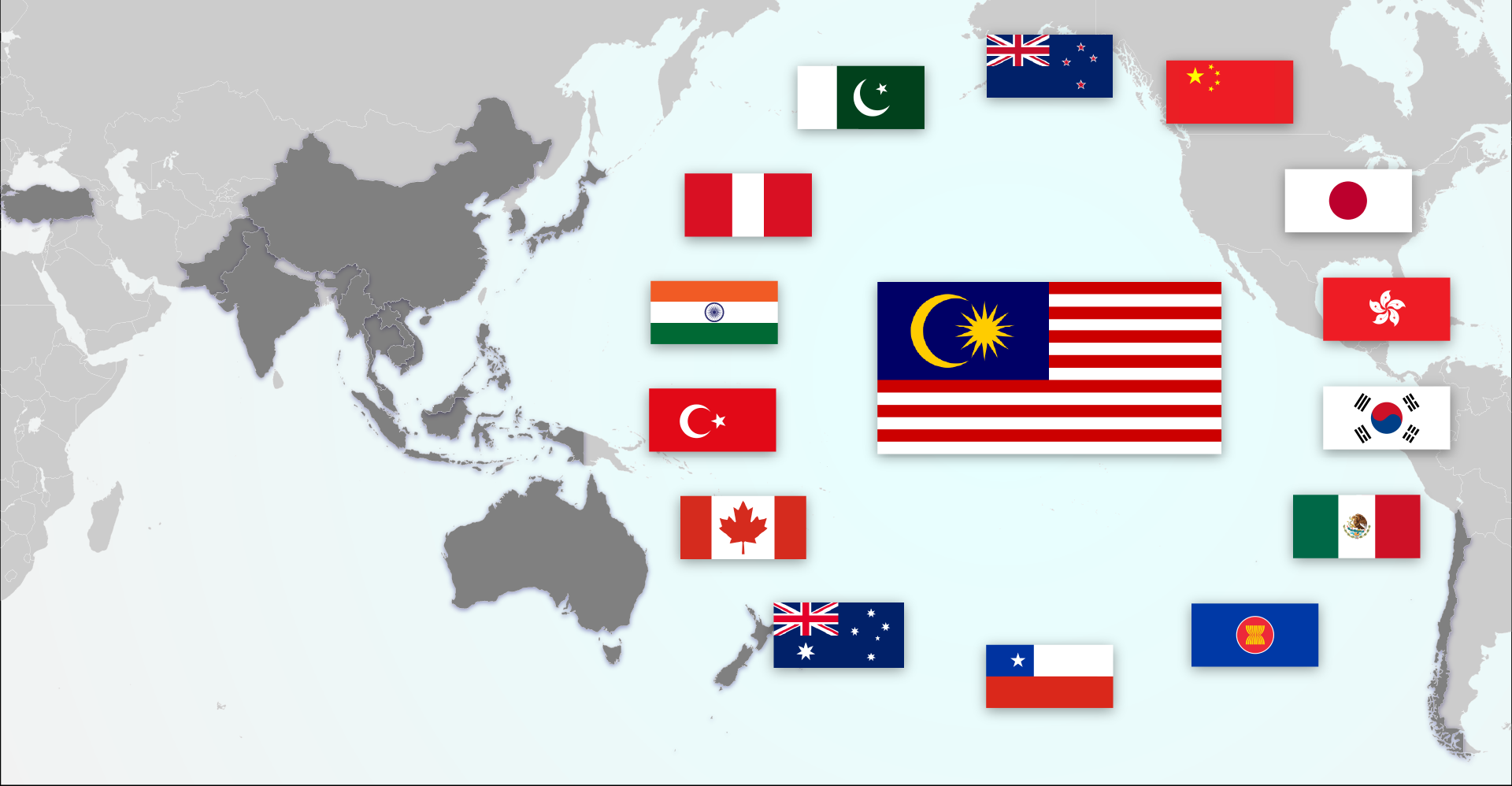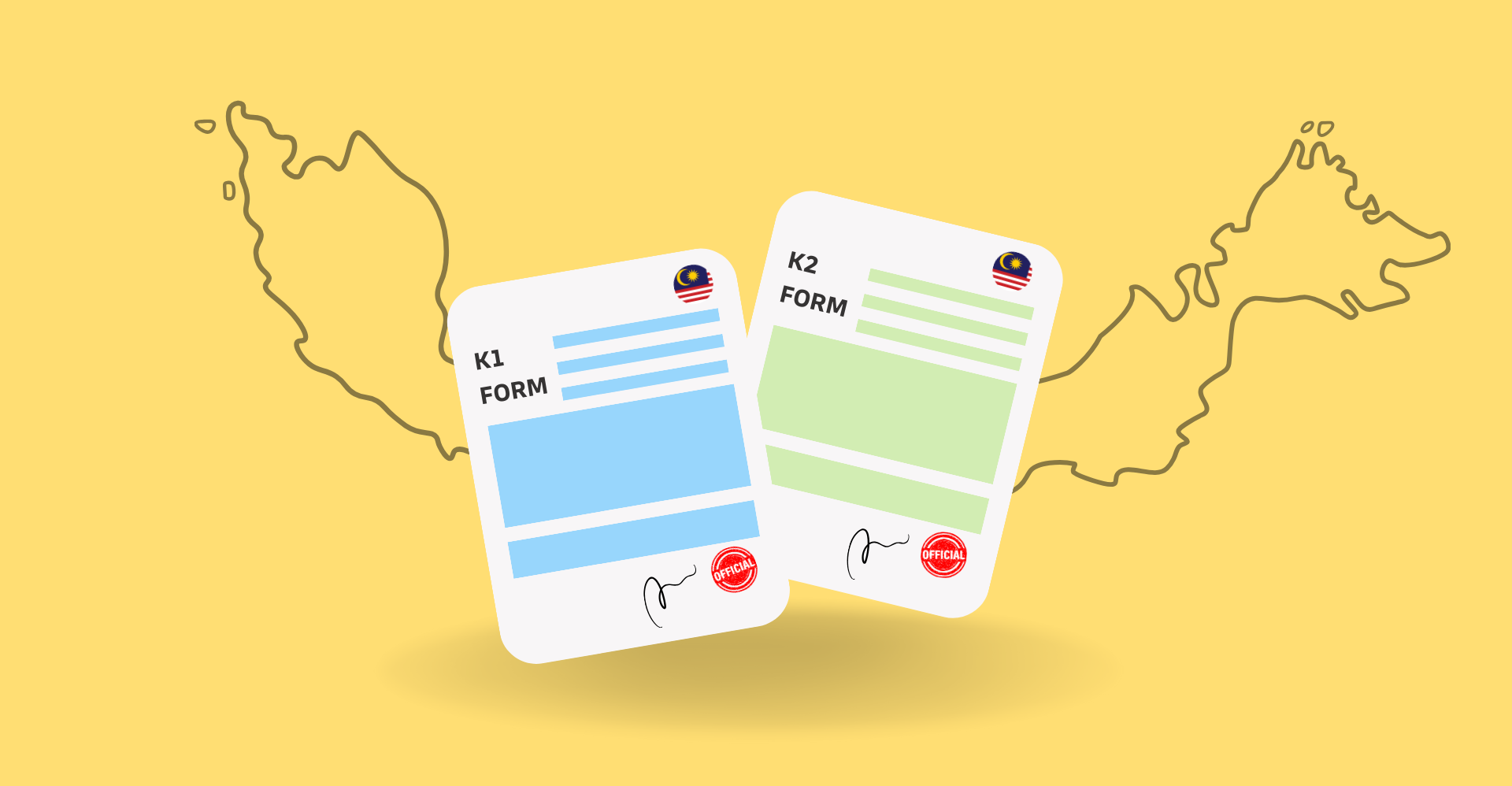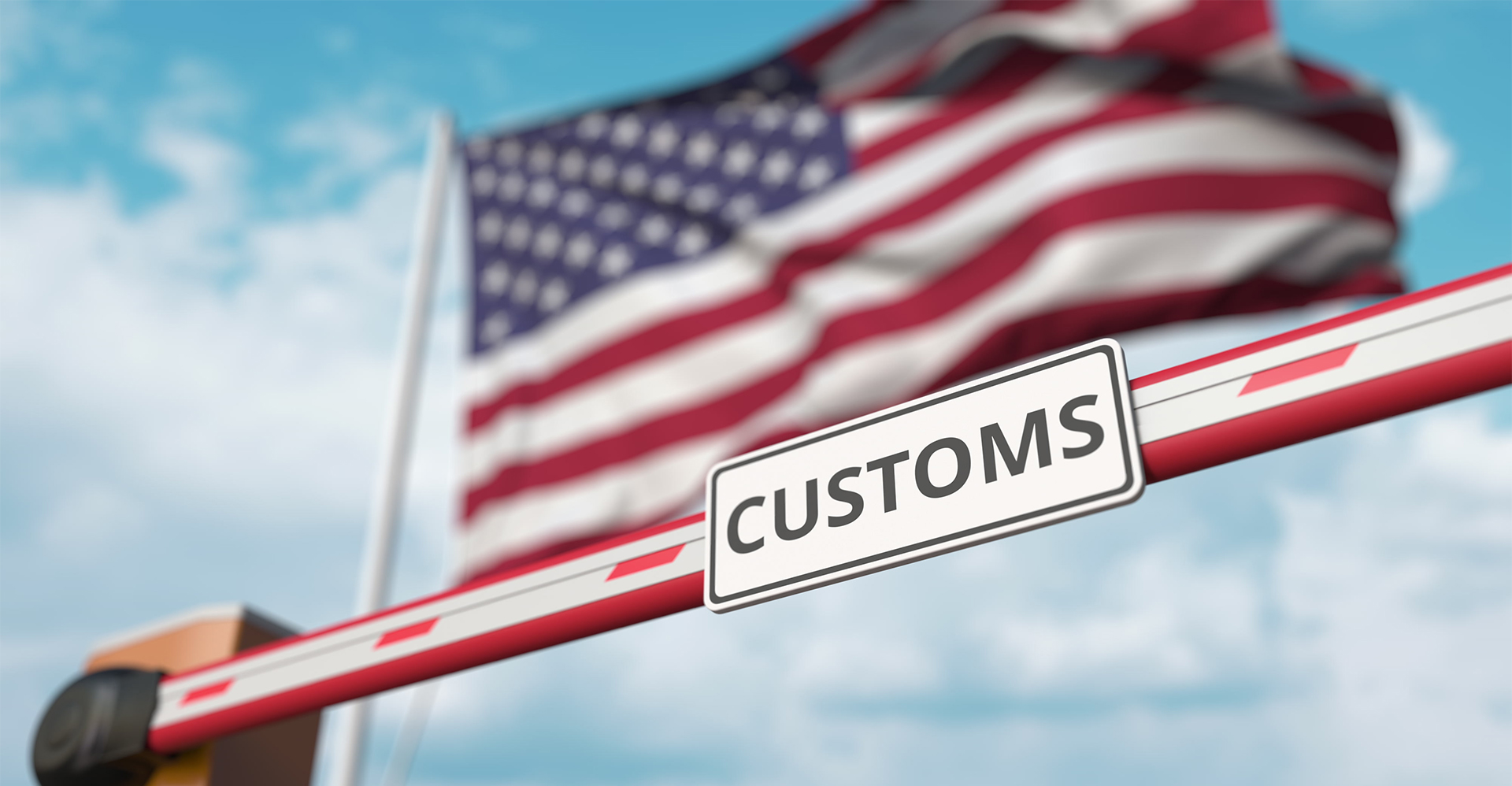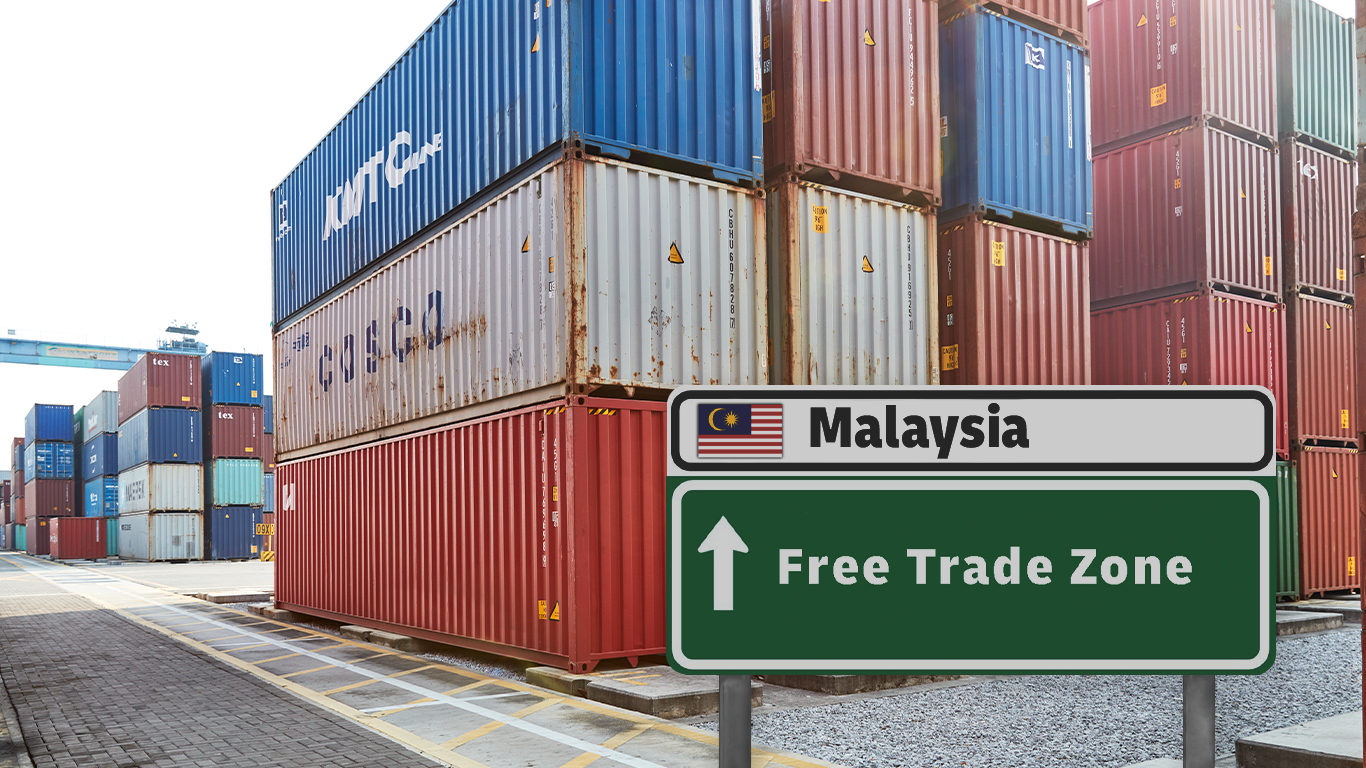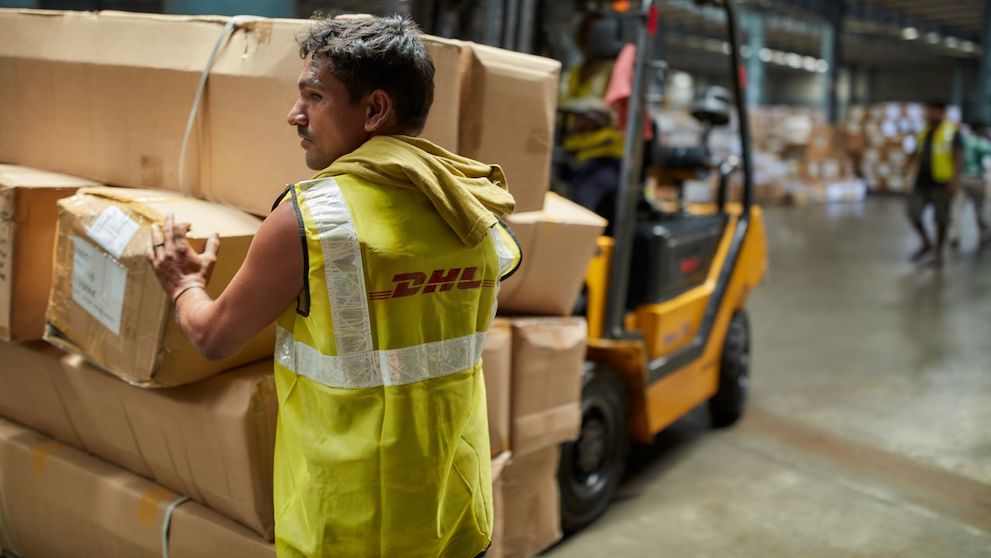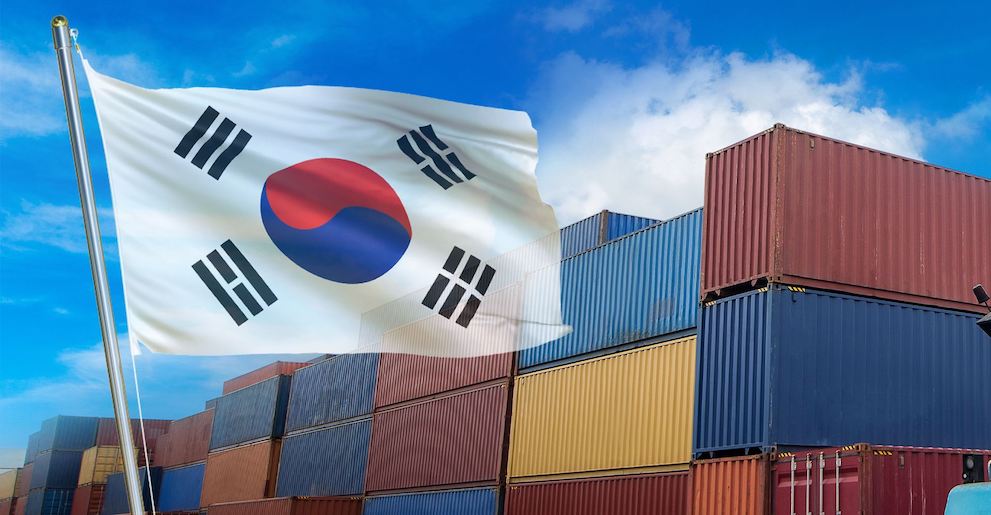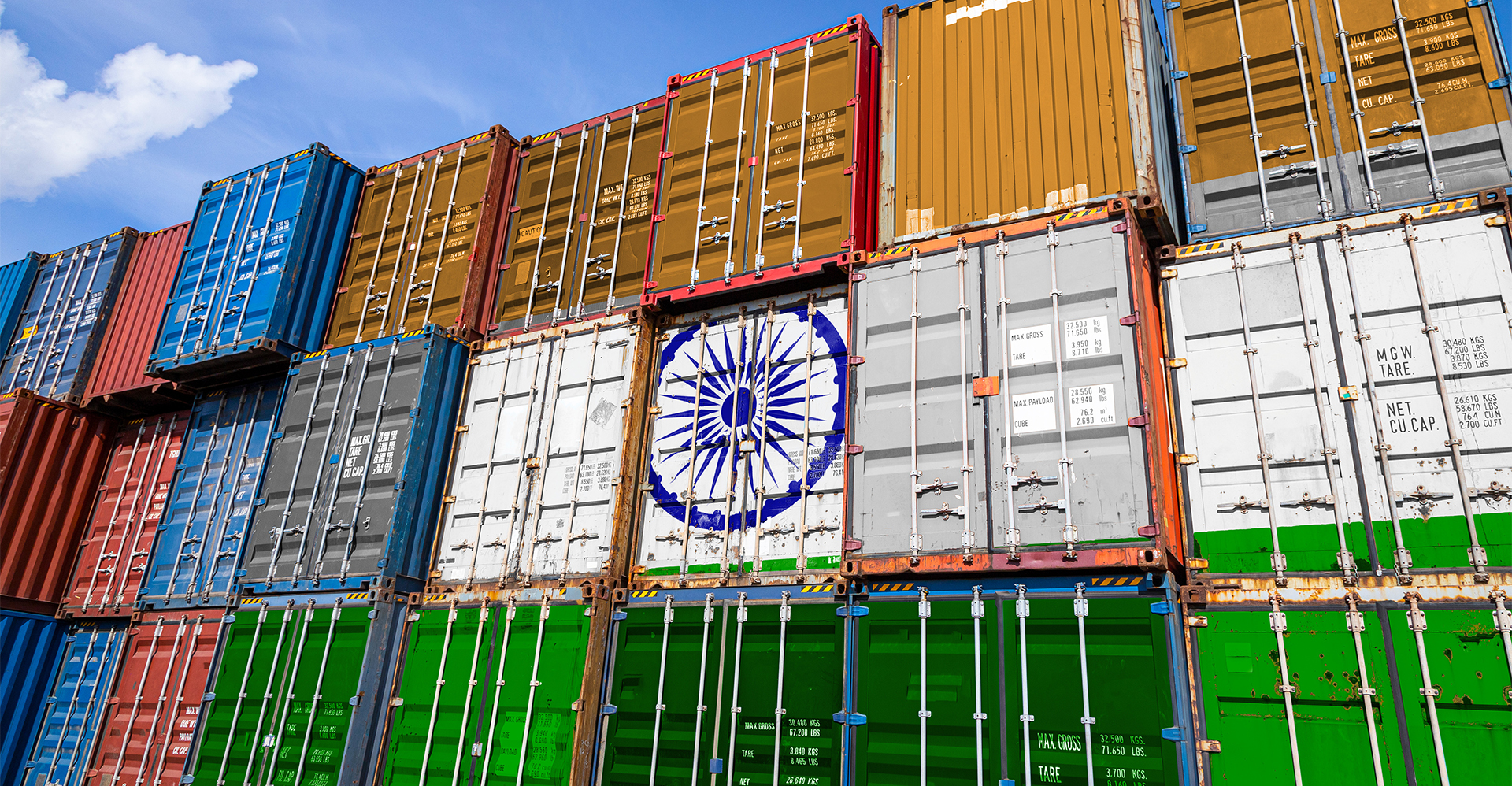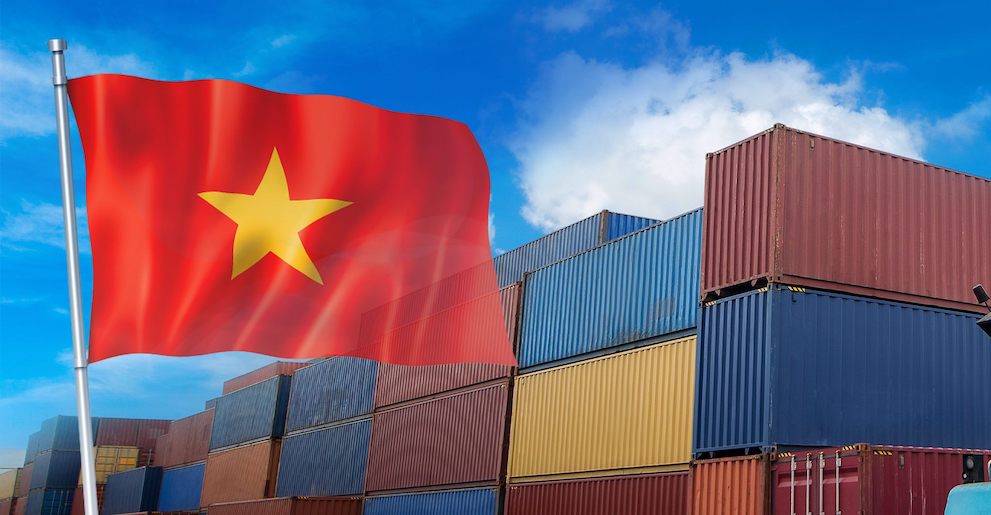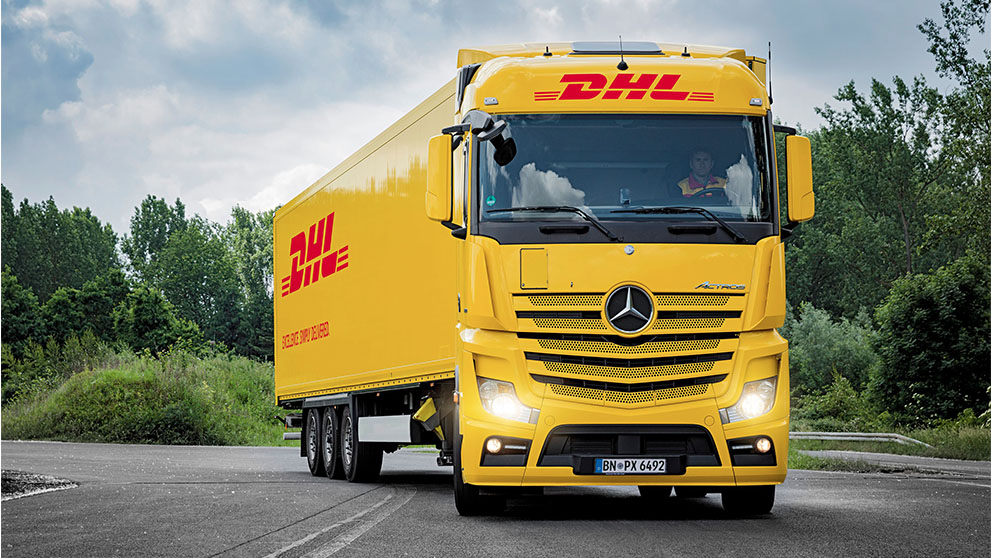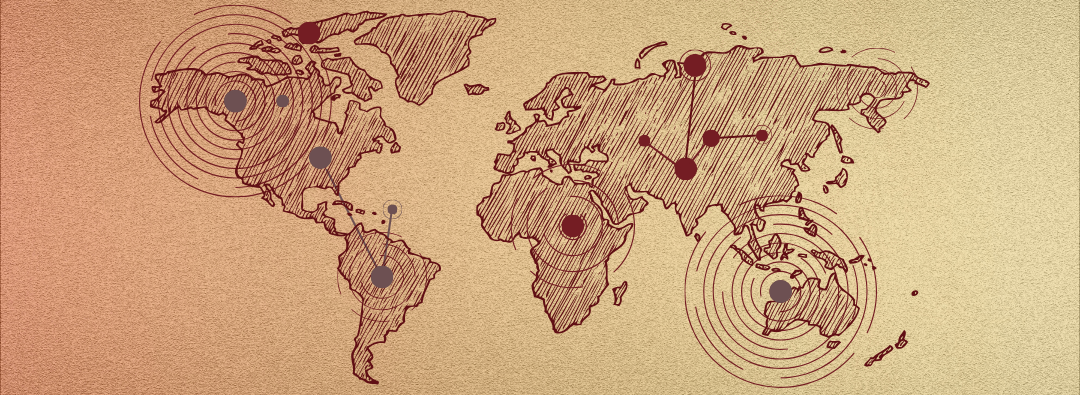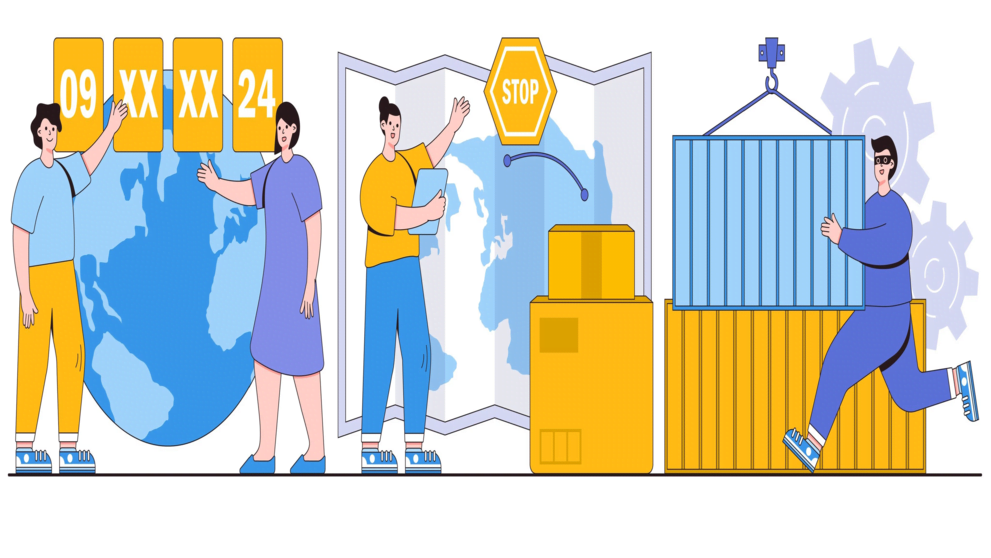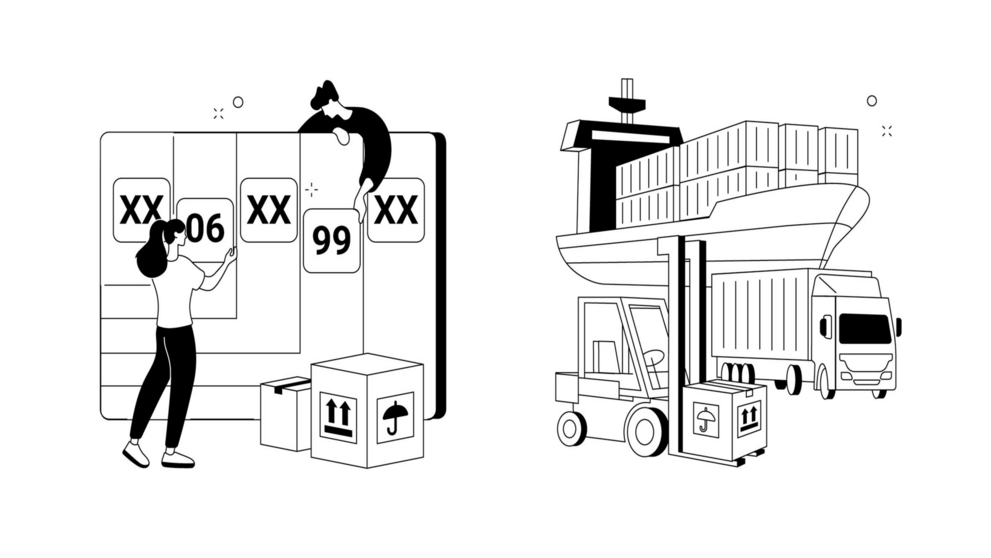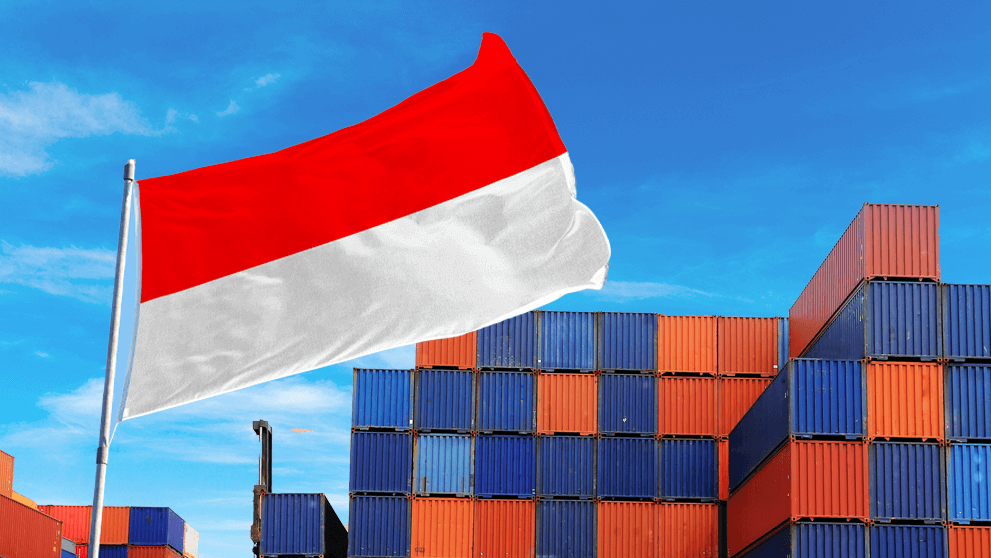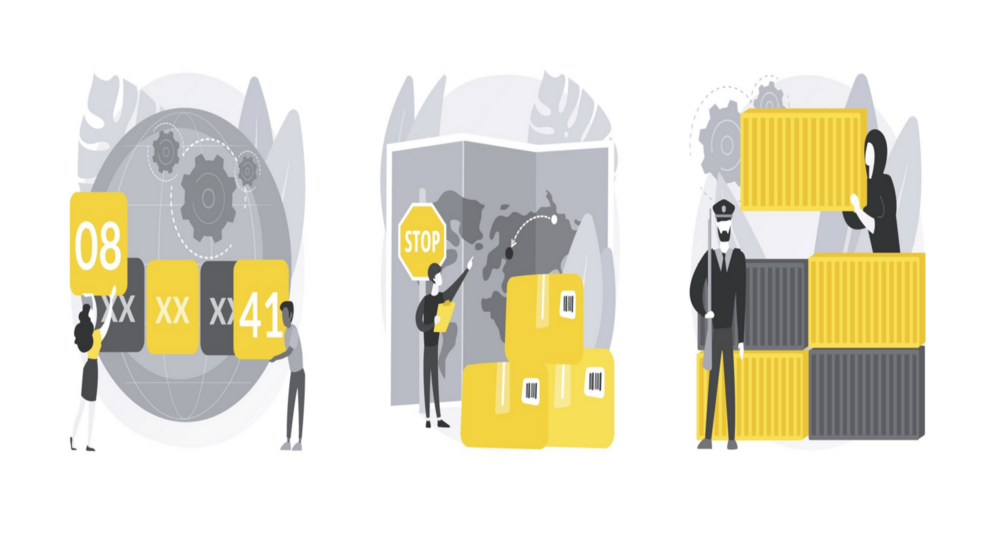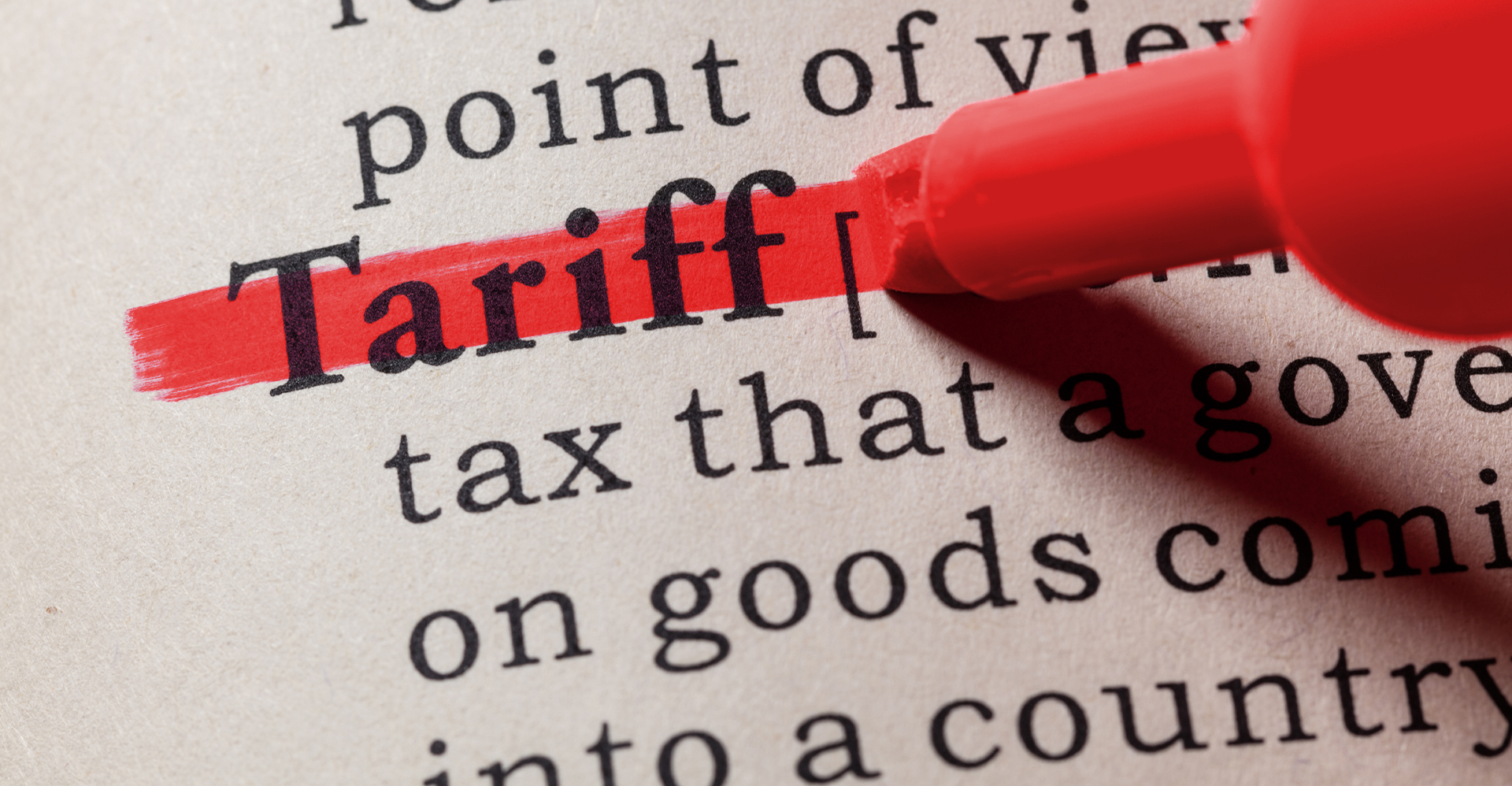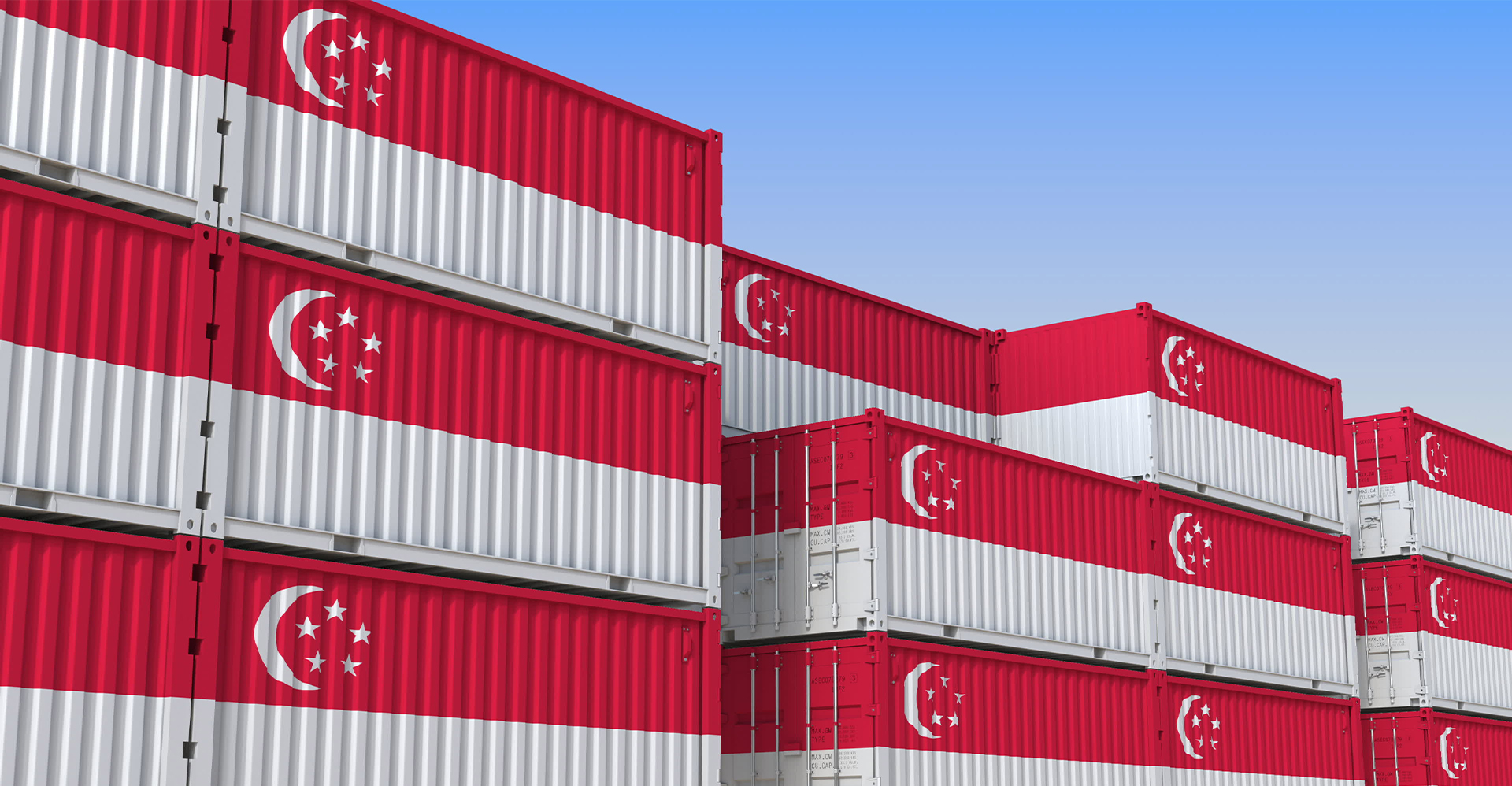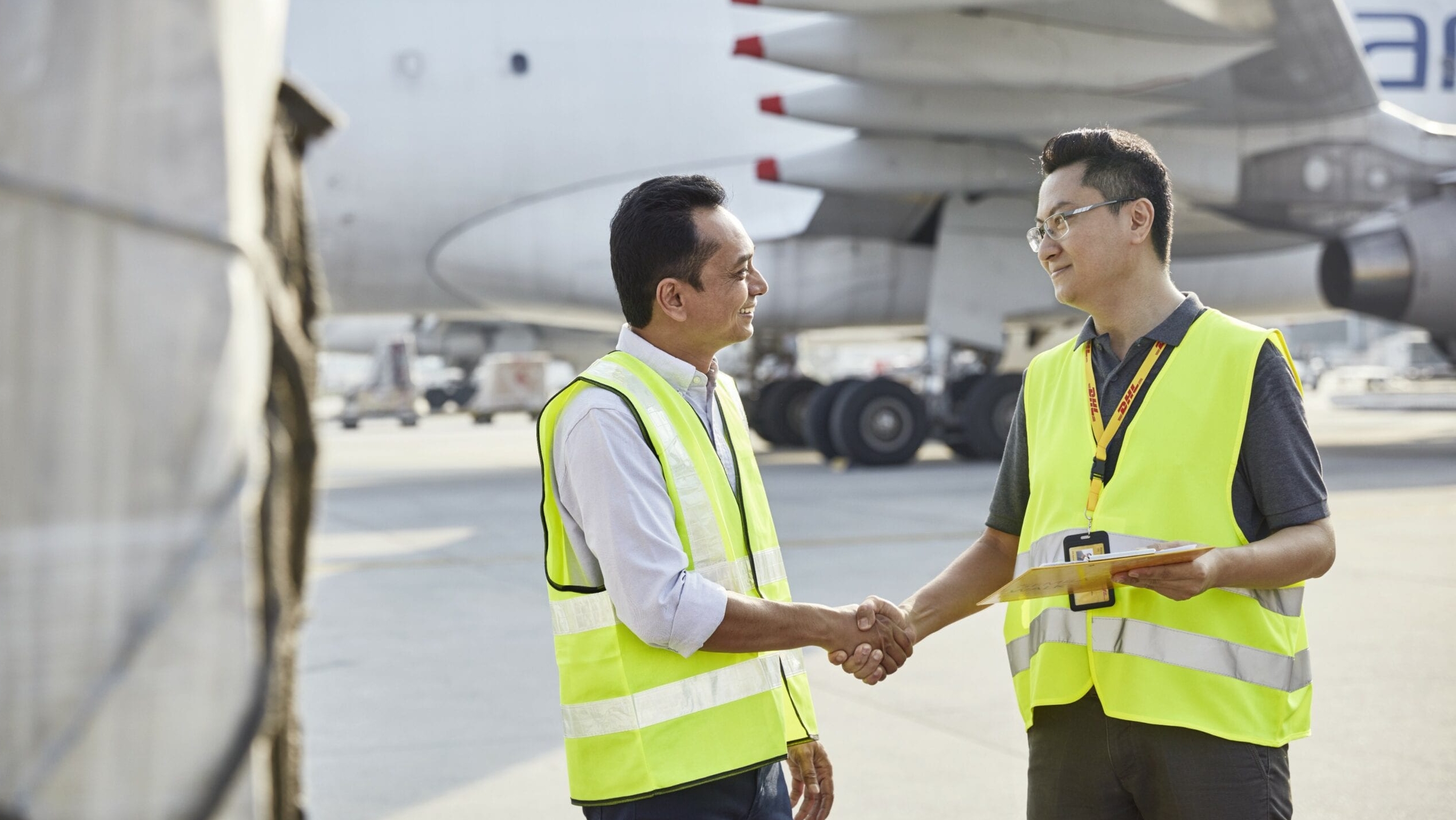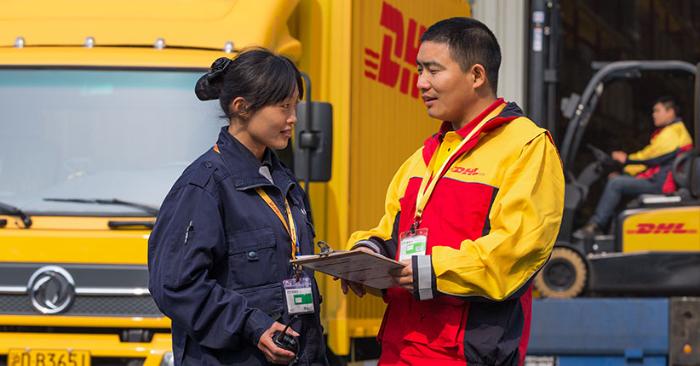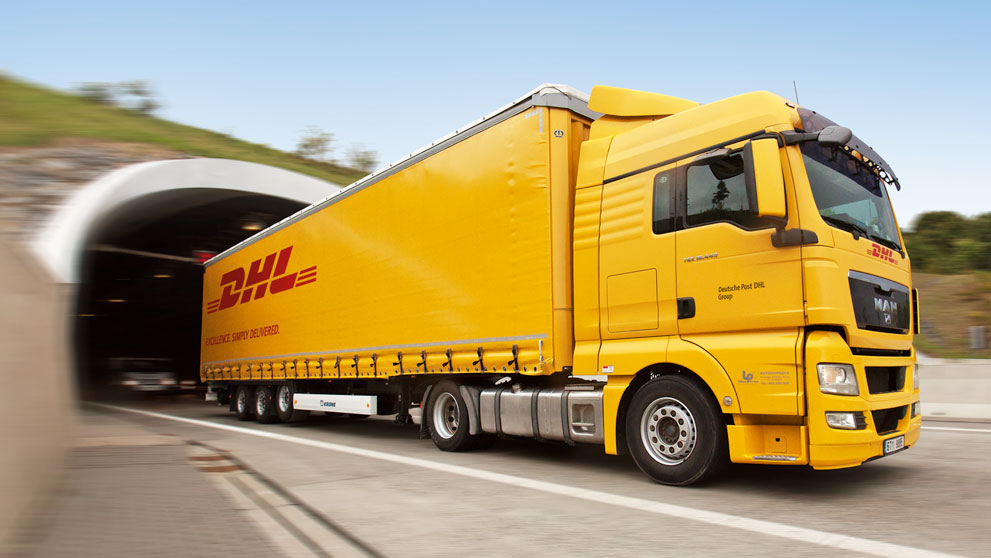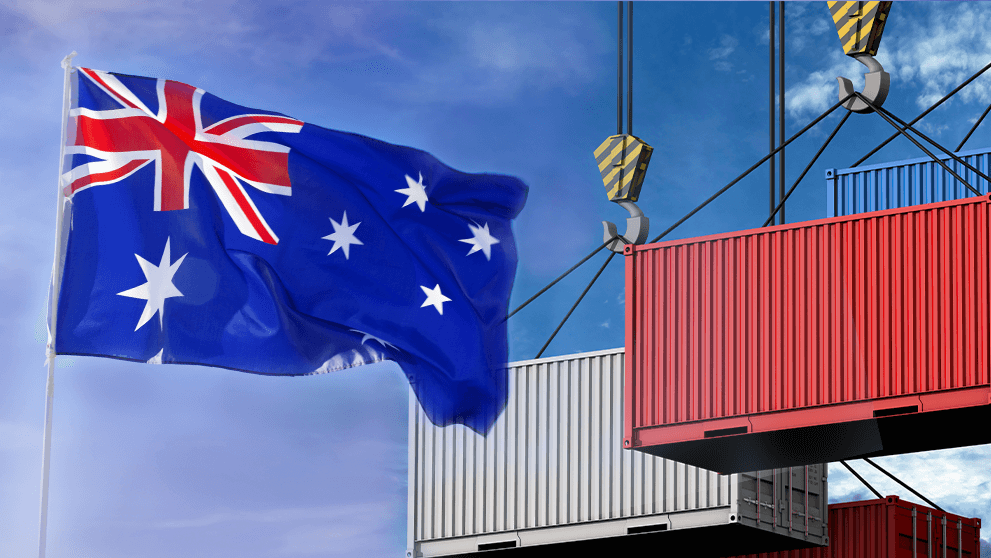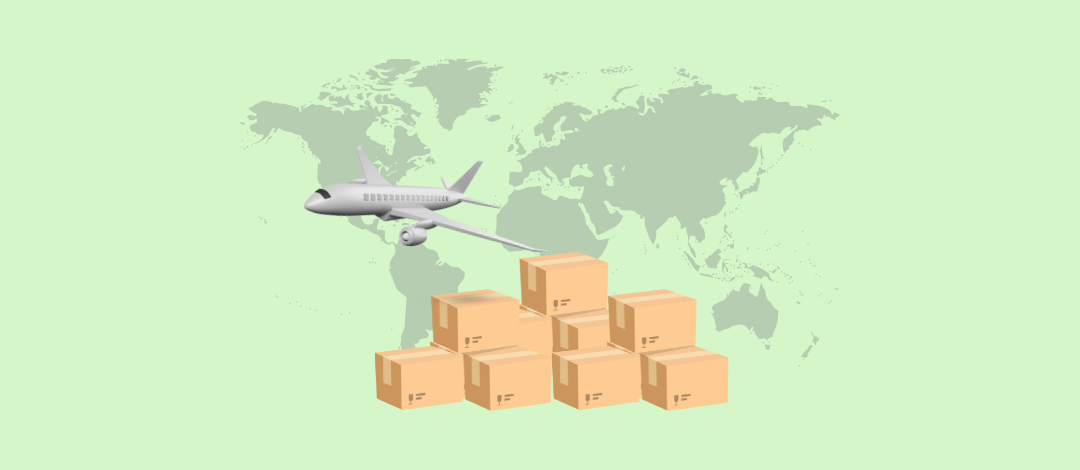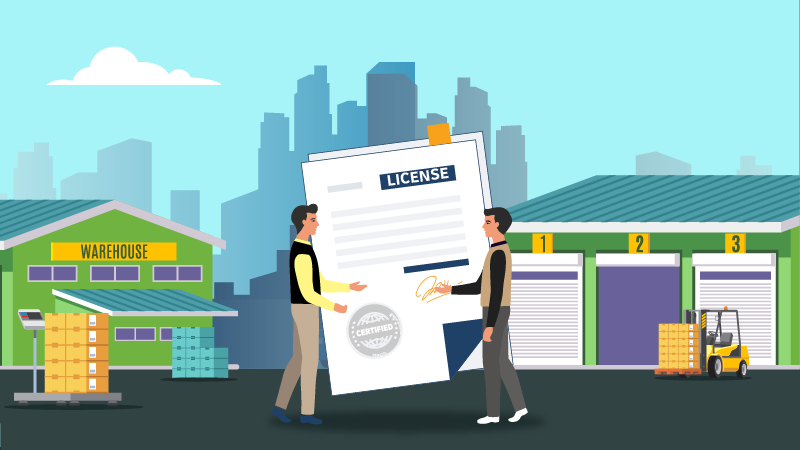
3 Harmonised System Code Mistakes You Can Easily Avoid
Harmonised System (HS) Code explained
The Harmonised System (HS) is an internationally accepted product classification system used by customs authorities around the world. Administered by the World Customs Organisation (WCO), a product’s HS code is a powerful bit of information that can be used to conduct market research and complete a successful trade transaction. But what is the HS code, and why does it play a huge role in seamless global trading?
What is the role of HS Code in customs?
HS Code, also known as Harmonised Commodity Description and Coding System or HS Tariff Code, is more than a mere term frequently used in the international trading business. Containing an internationally harmonised 6-digit code for a product type, it sets clear rules of how to classify products. Since every product has different specifications, identifying products simply by checking the invoice or the product name on the packaging list might not suffice or be accurate. By using HS Code for customs declaration, however, products being shipped can be identified immediately to guarantee compliance.
Why are HS Codes important?
While customs officials may only conduct checks on your HS tariff classification months or years after custom clearance, any error can lead to severe financial consequences. This means that even if goods have been processed and sold, customs officials may reclaim unpaid import duties, rendering your product less competitive due to the eventual overpayment of duties and taxes.
In addition, assembling your current customs HS Code list will mitigate instances of misclassification. Using the right HS Codes will thus ensure that your goods are not seized or forced into extra inspections that will delay shipment. Easing the international trade movement through accurate calculation of taxes and duties, it also determines if a product qualifies for a preferential tariff under free trade agreements. Moreover, every country has a list of items that cannot be imported or exported. In Malaysia, for example, turtle eggs are prohibited from importation and exportation. Ensuring the correctness of tariff classification in customs declarations is thus pivotal in managing international trade compliance risks and avoiding any legal consequences.
What are the common HS Code mistakes made?
Despite being one of the basic methods of controlling the import and export of products with its unique codes, there are still instances of incorrect product classification. Some of the biggest mistakes in HS tariff classification come from:
1. Improperly classifying your product
With thousands of specific product classifications in the Harmonized System (HS), there is room for interpretation and contested classification. For the correct Malaysia customs HS Code for your products, you can find them from the Search Tariff function on the JKDM HS Explorer Website. If still unsure of the codes for your products, importers may find it helpful to reach out to the customs authorities for guidance. The officers at the Malaysia Royal Customs Department Head Office also provide free services to identify the correct customs tariff HS/AHTN code to prevent misclassification.
2. Not staying up to date with tariff law changes
The customs HS Code list is updated every five years by the WCO. This means that there might be changes to the ingredients, components, packaging, and other aspects of your products, placing them under a different Sub-Heading. Therefore, it is pivotal to audit your products periodically to not only ensure that the HS codes you are using are still valid but also make the necessary changes to abide by the latest HS code list.
3. Not properly vetting your customs broker
A subtle difference in products can lead to a change in Sub-Headings. While Customs brokers and freight forwarders employ experienced operators to handle classification issues daily, they still require the relevant product information to determine the “correct” classification. Be sure to audit your products periodically for revisions and share those updates with your customs broker. To ensure that they assign the right HS Code, provide your customs broker with the following information:
All components and raw materials incorporated into the product
The intended purpose(s) of the product
Additional notes in the HS that are relevant to the product
You can also have your freight forwarder or customs broker classify your goods based on an accurate cargo description by the shipper and have the HS Code printed on the bill of lading (B/L).
Customs brokers’ role in HS for Importation and Exportation
Given the complex nature of trade, businesses often leverage the expertise of customs brokers. Posing as intermediaries between the traders and the customs, customs brokers facilitate the processes necessary to clear shipments. From conducting proper HS Code classification to preparing documents for a successful trade, customs brokers will ensure that shipments meet all the requirements mandated by the law.
DHL Express handles thousands of documents, parcels, and cargoes daily. Our global network processes high volumes of shipments while ensuring that they transit smoothly through international borders. Our global customs teams not only adopt the best practices, but are also well-versed in customs regulations and HS code variations so that you do not have to worry about the uncertainty of customs. Whether you are importing or exporting, DHL Express offers a complete suite of services to ease the navigation of tariffs and trade policies. Open a DHL Express account and gain the relevant support to grow your business internationally.
For more information about the HS Code and how you can obtain a code for a product in Malaysia, head over to our FAQ section.



